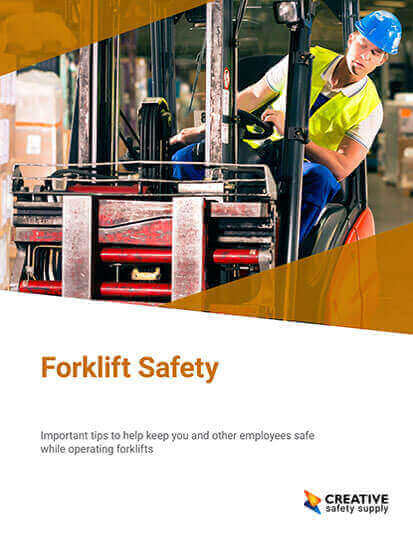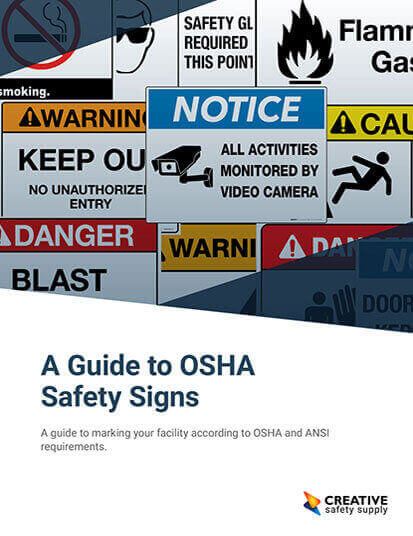
Equipment operators are skilled workers trained in driving, maneuvering, and controlling heavy equipment or machinery used in industry. A qualified equipment operator is not only in charge of driving or maneuvering machinery, but is also responsible for conducting preventive maintenance, performing daily safety checks, and safely starting and stopping the equipment. They will need to follow safety standards while effectively communicating with those around them.
There are a few different types of heavy equipment operators:
- Operating Engineers: Operating engineers is a broad term to describe anyone working with common power construction equipment such as excavators, bulldozers, dump trucks, backhoes, etc. During training, employees should learn how to maintain their equipment and identify hazards before operation.
- Crane Operators: Crane operators have a whole other list of hazards to consider and crane accidents can be catastrophic. A trained crane operator will know how to inspect their equipment, don the appropriate PPE, and have an understanding of commonly used crane hand signals.
- Paving & Surface Equipment Operators: These operators work to create roadways and parking lots. Paving and surface equipment operators are responsible for regulating the temperature of asphalt, operating a concrete paving machine, using tamping equipment, and jackhammers.
Just to name a few! Most of the equipment used in the construction, mining and engineering industries are classified as heavy machinery, and because most of these jobs are outside, operators must be able to work under all weather conditions. Moving indoors, forklifts can be found in nearly every warehousing or manufacturing facility. Thousands of serious injuries result from forklift accidents annually and a forklift operator will need to navigate in tight spaces, carry loads evenly, be aware of their surroundings, and follow established safety precautions.
Regulatory Compliance
Because of how heavy and powerful this kind of machinery is, only trained and qualified workers are allowed to operate heavy equipment. OSHA does not provide a specific certification for heavy equipment operators and most industries set regulations for operating heavy equipment. OSHA does, however, require all powered industrial truck operators to be trained and certified by their employee as well as all crane operators in the construction industry are citified, licensed, and evaluated. Additionally. there are a number of organizations in the United States that offer effective safety training including the International Union of Operating Engineers and the Association of Equipment Manufacturers.


